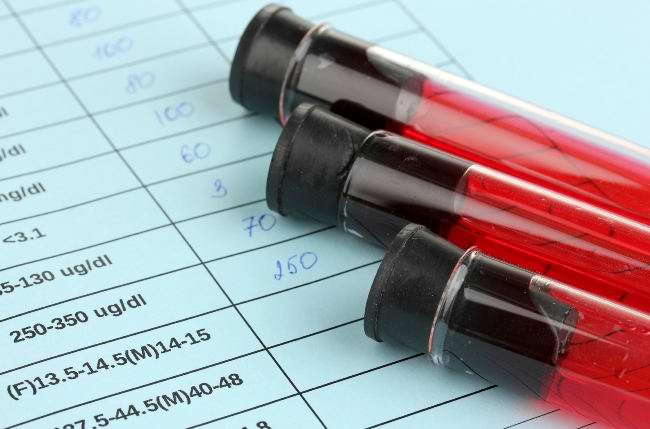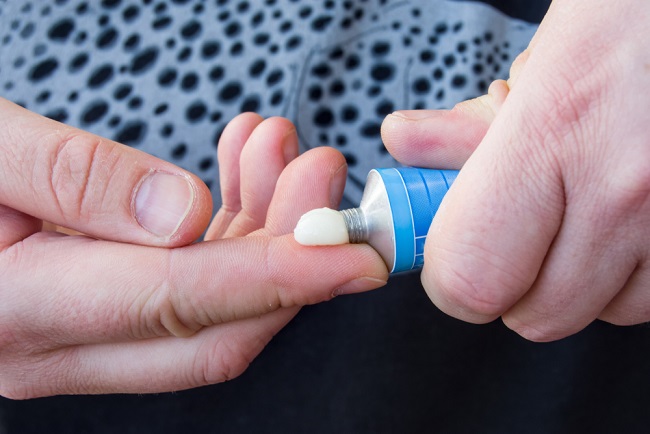Leaky heart surgery is a medical procedure that aims to treat blood flow disorders in the heart that have reached a severe category. This operation is carried out if the administration of drugs is considered unable to handle it optimally.
The heart organ consists of four chambers, namely two atria and two chambers, which are separated by a septum. In these barriers there are valves that can be opened and closed to regulate the direction of blood flow, both from the heart and to the heart.

Leaky heart occurs when there is a hole in the heart septum or there is a disturbance in the function of the heart valves, which causes blood not to flow properly. To fix this, doctors can perform surgery, commonly known as leaky heart surgery.
Conditions Requiring Leaky Heart Surgery
Leaky heart due to a hole in the septum is generally caused by congenital heart disease, such as ASD (atrial septal defect), VSD (ventricular septal defect), and PFO (patent foramen ovale). While the heart is leaking due to impaired valve function, it can be caused by hypertension, endocarditis, or rheumatic heart disease.
Although it doesn't always cause symptoms, a leaky heart can cause sufferers to experience dizziness, headaches, chest pain, difficulty breathing, heart palpitations, and swelling and blueness in the limbs. If you experience this, it is recommended to immediately consult a doctor.
If the leakage in the heart is large enough, then clean and dirty blood can be mixed. In this condition, leaky heart surgery needs to be done immediately. Otherwise, various complications such as heart failure, stroke, and other life-threatening conditions can occur.
Types of Leaky Heart Surgery
Leaky heart surgery will be adjusted according to the cause of the condition, whether due to heart valve disorders or holes in the septum. According to your condition, there are at least three options for leaky heart surgery, as follows:
Heart valve repair surgery
To overcome a leaky heart due to heart valve disorders, heart valve repair or replacement surgery can be carried out. Even so, heart valve repair surgery is more commonly performed. Because besides being considered easier, this technique also has a lower risk of infection than heart valve replacement surgery.
This step also allows patients to not need to take blood-thinning drugs for life after surgery. Heart valve repair surgery can be divided into several types, namely:
- Annuloplasty :Valve repair surgery with the installation of a special ring around the heart valve, so that it can close properly again.
- PartnerClip :Surgical insertion of clips (clamps) on heart valves, to reduce cardiac leakage.
- Patches:The leaky heart valve is patched with a patch of other body tissue or artificial tissue.
- Repair of the supporting structures of the heart valves:This surgery is done to modify the muscles that support the valve so it can close as it should.
- Reshaping:Heart valves are reshaped by cutting and stitching again, until they are in shape and function normally
Heart valve replacement surgery
If the heart valve cannot be repaired, for example due to severe heart valve damage, the heart valve needs to be removed and then replaced. There are two choices of replacement valve materials, namely:
- Natural ingredient :Made from animal (cow or pig) or human (donor) heart tissue. These valves can last for 10-15 years then need to be replaced again, as quality can deteriorate over time.
- Synthetic :Usually made of plastic or . These valves can last a lifetime, but patients need to continue taking blood-thinning medications to prevent blood clots.
Heart septum closure surgery
A leaky heart due to a hole in the heart septum can be treated by covering the hole with a patch. The patch can be made from the patient's pericardial (heart lining) tissue or from an artificial material that fits the heart tissue.
Over time and with the help of artificial materials, the original heart tissue will grow to close the hole on its own and the material will become part of the heart.
The types of surgery above can be done with open heart surgery (open heart surgery) or by catheterization.
Before performing heart surgery, give as much detail as possible about your condition, including your medical history, medications you take, and habits, such as smoking. Also discuss the choice of type and surgical procedure, to the risk of complications.
After surgery, it generally takes about 8 weeks to recover. If after surgery you have a leaky heart, you have a fever or an irregular heartbeat, then go back to see your cardiologist.









